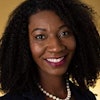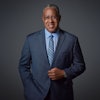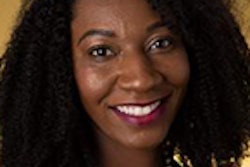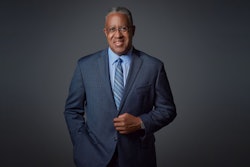A distinguished panel of scholars shared their thoughts on what the role of Black intellectuals should be in the current political and social climate as well as looking toward the future.
Among the presentations at the National Action Network’s National Convention & 25th Anniversary Celebration being held this week in New York City was a frank and open discussion about how Black intellectuals and scholars should view their work and its impact beyond academia. The three panelists discussed a bit about their own work and how their perspectives have evolved.
A recurring theme was how the world beyond the academy has to affect how a Black intellectual views his or her teaching and research within a broader societal context. Also, how their standing in the community can bring about change.
“Throughout history, Black scholars have often been audacious in providing a sharp critique of the social, political and economic landscape plaguing our people,” said moderator Jamal Eric Watson, senior staff writer at Diverse. “Black intellectuals have provided the probing analysis and deep interpretation needed in order to understand Black life.”
Lani Guinier, Bennett Boskey Professor of Law at Harvard University, said it is a matter of understanding the context. When only in fourth grade in Queens, New York, she encountered a White teacher, Mrs. Buxton, who seemed to resent her very presence in the class, as Guinier had skipped third grade. This did not dissuade Guinier from being inquisitive, asking probing questions and demanding responses. When a group of Black students joined the class, she also learned her role was getting others to learn and explore new ideas.
“I would challenge Mrs. Buxton and give her details that I thought she was overlooking, such as asking about George Washington’s slaves,” Guinier said. “That was the beginning of my realizing that if I wanted to be a good citizen, I needed to respond to Mrs. Buxton and, in the process, enable some of the students in the class to learn things that they hadn’t been thinking about.
“What I learned in fourth grade I think is very relevant to what the question is on the table here,” she added. “We need to talk to each other, but we also need to read what other people are writing. We need to be able to interpret it, but also to critique it if we don’t agree with it. Be engaged with the ideas so that we feel confident that when we’re making a speech or when we engaged in a conversation that there’s merit to what we are saying.”














